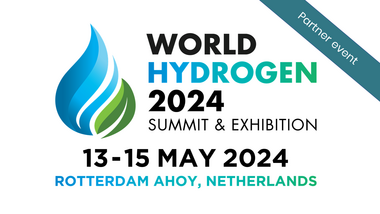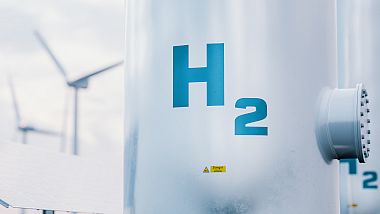Renewable Hydrogen Project Risks
The report examines the risks associated with green hydrogen projects from…
Individual technologies for production of powerfuels are already tried and tested, however integrated in complete commercial value chains. Electricity costs are the largest portion of powerfuel costs followed by carbon capture costs.
There is considerable scope for future cost reductions in the technologies used for powerfuel production through economies of scale. Sufficient demand for powerfuels could be triggered by regulations and policies that recognise the carbon-neutral nature of powerfuels compared to fossil fuels.
The report examines the risks associated with green hydrogen projects from…
This report is based on an extended and updated version of the Global…
In order for powerfuels to be counted towards voluntary or legally binding…
This report on public funding for powerfuels projects summarises the results…
Water consumption is gradually gaining more attention in the discussion on…
Within this fully updated discussion paper, the Global Alliance Powerfuels…
This research study by the Global Alliance Powerfuels and LUT University…
The European Union’s revised Renewable Energy Directive (RED II) sets a…
Carbon-based powerfuels such as synthetic kerosene, methanol or diesel will…
In defining sustainability criteria for the use of electricity sources in…
In June 2019, dena, as coordinator of the Global Alliance Powerfuels,…
Current studies show, that the successful energy transition requires climate…


